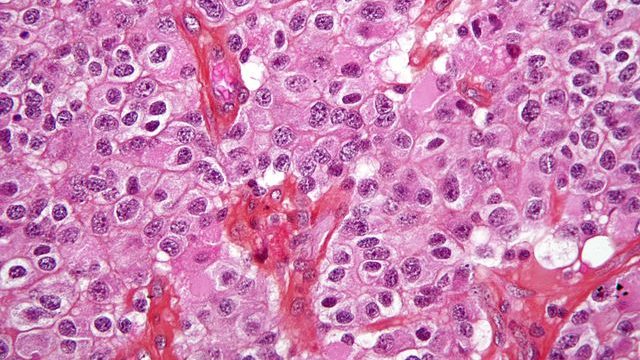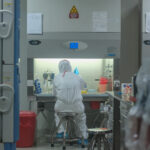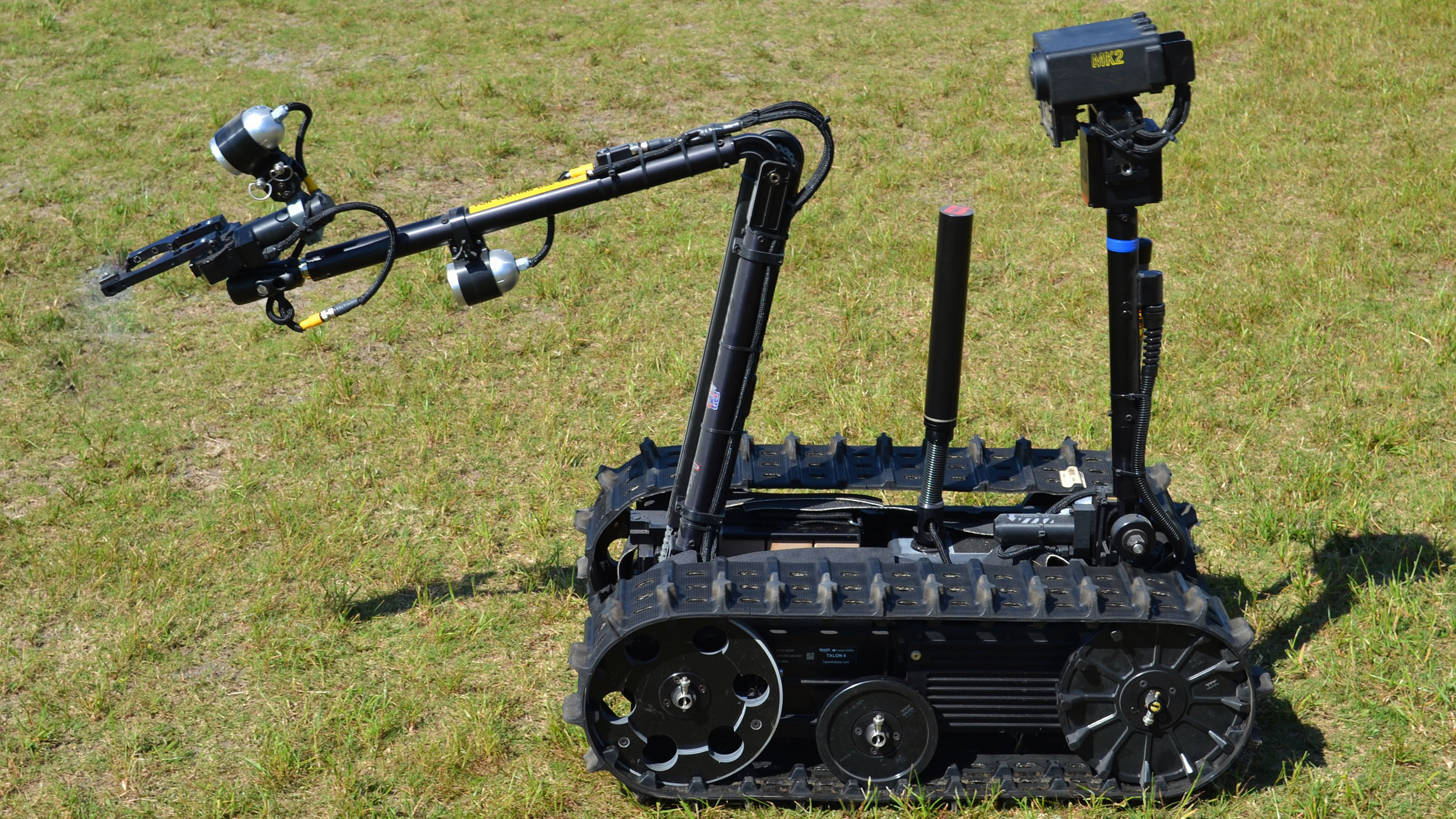Abstracts: Dallas Bomb Robot, Car Accidents, and More
• Last Friday, Dallas Police used a “bomb robot” to end a standoff with the gunman who killed five officers. That tactic, while it may have saved lives, has raised questions about the line between policing and warfare. (New York Times)

A promising new cancer treatment has been paused after the deaths of three patients. (Visual by Nephron/Wikipedia)
• In the wake of the Brexit vote, some UK scientists have been dropped from EU-funded projects because they are “considered a financial liability.” (The Guardian)
• Safety advocates are trying to shift the language we use to talk about car crashes, which are too often characterized as accidents, even when the driver was impaired or distracted. (Nautilus)
• California health advocates are trying to shame drug companies into keeping prices down by promoting legislation that would require them to give notice before they make big price hikes. (Associated Press)
• A team of archaeologists has uncovered what they think to be the first discovered Philistine cemetery, outside the Israeli city of Ashkelon. (National Geographic)
• On January 28th, the Pentagon tested U.S. anti-missile interceptors, designed to block incoming nuclear warheads from reaching the U.S. The test was touted as a success, but according to sources gathered by the Los Angeles Times, it was anything but. (LA Times)
• Autism is still little understood and difficult to treat. But when parents are willing to do anything to help their children, they can end up supporting treatments that are still poorly understood. (NPR)
• Roadside drug tests often result in false positives, sending innocent people to jail. So why are they still being used? (New York Times)
• And finally, on Thursday, the U.S. Senate passed a bill that would set a national standard for labeling GMOs. Vox explains what the bill actually means. (Vox)










